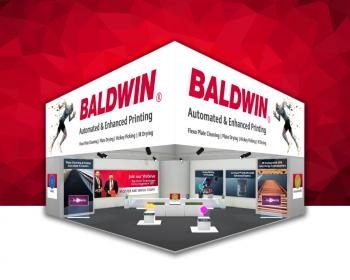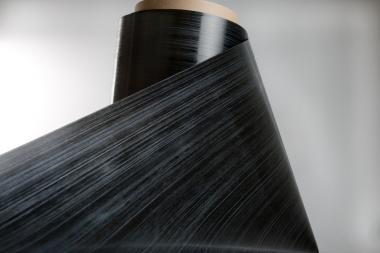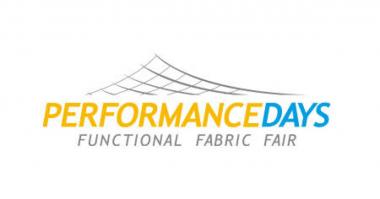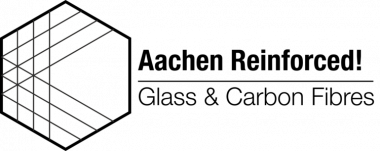Baldwin showcases innovations for corrugated flexo printers at ConneXion
Baldwin Technology Company Inc. will showcase its key innovative technologies for optimized corrugated high-graphics package printing at the ConneXion virtual expo, taking place from June 1 to 8. In Baldwin’s virtual exhibit, visitors will experience fully automated flexo plate-cleaning systems, an energy-efficient IR (infrared) drying solution and LED-UV curing systems, all of which increase print quality and productivity, with operator safety and sustainability in mind.
Key innovative technologies:
- The FlexoCleanerBrush™, a solution to enhance print quality and improve worker safety in corrugated printing.
- The FlexoCleanPick™, a system designed to automatically remove hickeys—typically caused by paper fibers, dust and ink contamination, and other causes of printing defects—from the plate during the print run without stopping the press or requiring operator skin contact with wash agents.
- The FlexoDry2™, a fully integrated IR drying system, specifically developed for corrugated flexo printing presses, that reduces energy consumption by up to 30 percent over standard IR dryers via the use of patented Diamond IR™ lamps.
- A new generation of LED-UV technology—designed by AMS Spectral UV, a Baldwin Technology company, for wide-format flexo corrugated box printing—represents the latest in solid-state LED curing innovations and offers more than a 50 percent reduction in power consumption, compared to traditional UV systems, in an ultra-compact lamphead that fits at the end of the press or between printing units.
You can register here.
Barry-Wehmiller














